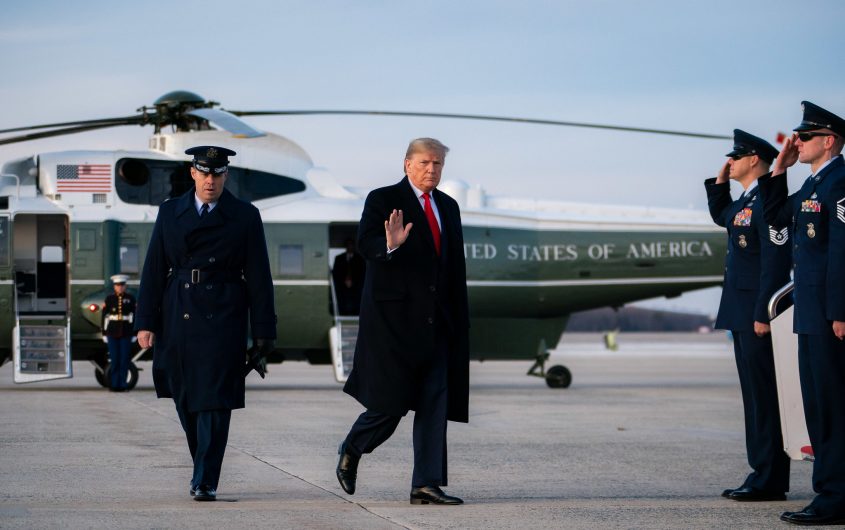AGI News
What the Next President Can Do to Save Our Alliances with Europe

Official White House Photo by Tia Dufour via Flickr

Julianne Smith
U.S. Permanent Representative to NATO
Ambassador Julianne Smith assumed her position as the U.S. Permanent Representative to NATO in November 2021. Prior to her current position, she served as a Senior Advisor to Secretary Blinken at the Department of State.
Previously, she served as the Director of the Asia and Geopolitics Programs at the German Marshall Fund of the United States.
From 2014 – 2018, she served as the Director of the Transatlantic Security Program at the Center for a New American Security (CNAS). From 2012-2013, she served as the Acting National Security Advisor and Deputy National Security Advisor to the Vice President of the United States. Before her post at the White House, she served for three years as the Principal Director for European and NATO Policy in the Office of the Secretary of Defense in the Pentagon. In January 2012, she was awarded the Office of the Secretary of Defense Medal for Exceptional Public Service.
Prior to her government service, Ambassador Smith held a variety of positions
at research institutions including the Center for Strategic and International Studies (CSIS), the German Marshall Fund, the American Academy in Berlin, and the Stiftung Wissenschaft und Politik in Berlin. She has written extensively on transatlantic relations and European security.
Ms. Smith is a recipient of the Richard von Weizsäcker Fellowship at the Bosch Academy in Berlin and the Fredin Memorial Scholarship for study at the Sorbonne in Paris. A native of Michigan, she received her B.A. from Xavier University and her M.A. from American University. She spent a year learning German at the University of Munich. In 2017, she received the Cross of the Order of Merit of the Federal Republic of Germany.
The transatlantic relationship has suffered a series of near-fatal blows in recent years. President Trump has openly questioned America’s Article 5 commitment to defend any attacked NATO member, dubbed the European Union a “foe,” and repeatedly disparaged some of America’s closest allies—for example, calling Germany “captive to Russia.” The people of the United Kingdom voted to leave the European Union. France and Germany, instead of joining forces to chart a future course for the European project, have spent years trapped between President Emmanuel Macron’s unbridled desire to lead a more assertive Europe and Chancellor Angela Merkel’s caution and paralysis.
This article was originally published by Washington Monthly in the January/February/March 2020 edition.









